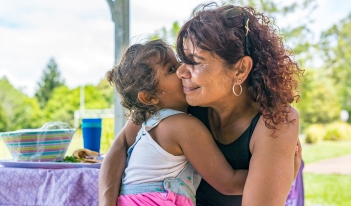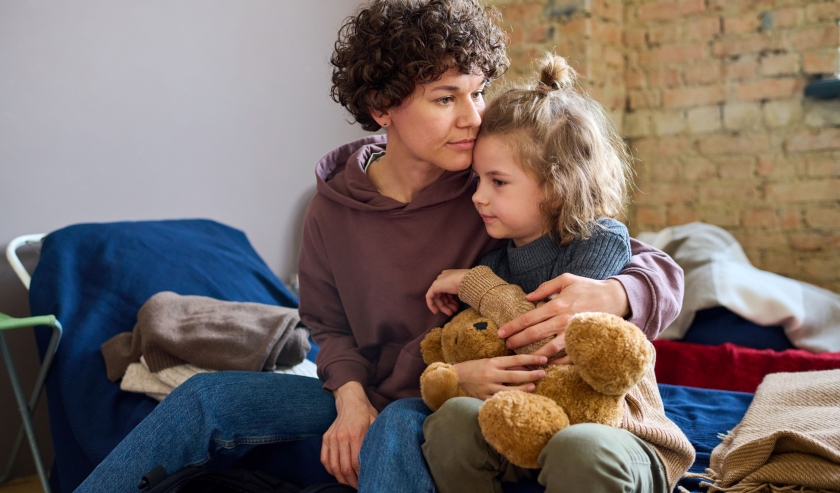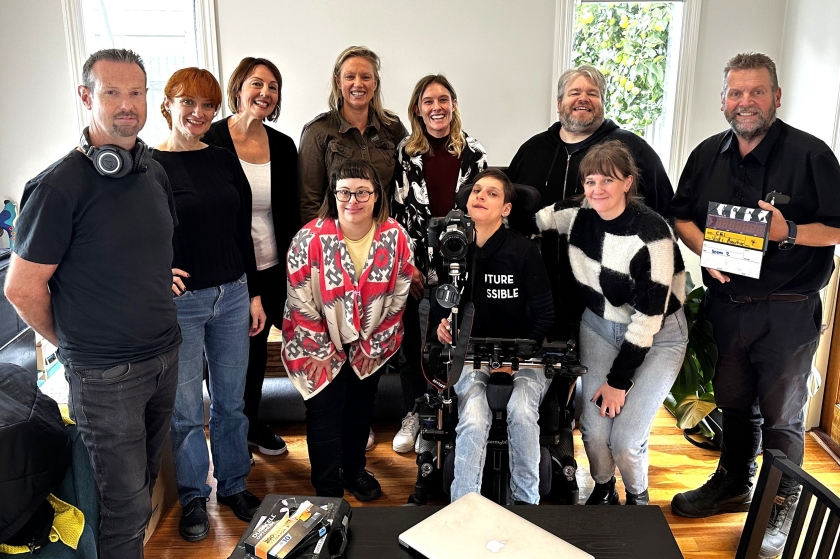CEI has developed an evidence-informed practice module for child and family services practitioners focused on how to effectively support parents and caregivers with intellectual disability and additional learning needs.
This is the final of ten tailored modules which are key to implementing the Family Preservation and Reunification Response (‘the Response’), led by the Department of Families, Fairness and Housing (DFFH) in the Australian state of Victoria.
“Parents and caregivers with additional learning needs face many hurdles in navigating the complexity of social service systems, and they often experience discrimination,” says CEI Principal Advisor, Leigh Johnston.
“The driver for this module came directly from family service practitioners. Their everyday experience highlighted the need for an evidence-informed, context-specific approach to help them support parents and caregivers with additional learning needs who are involved in child protection systems.”
“These caregivers may need more support and time to communicate, to understand and process information, or to learn new skills. It is also likely their lives have been impacted by external factors like insufficient or disrupted education, residential or foster care, abuse or discrimination.”
As with all Response work, the “Supporting caregivers with additional learning needs” (ALN) module is grounded in CEI’s unique and leading approach that integrates the best available research evidence with practitioner expertise and the lived experience of families.
“We draw on relevant research for practices common to successful programs for the target group. Then we bring this evidence together with the on-the-ground experience of practitioners, data analysis from DFFH highlighting local trends and context, and consultation with lived experience partners and advocates on what success looks like from their perspective.”
“The result is a robust toolbox of practices to guide practitioners in their work with children and families. Implementation of each module is supported by detailed practice guides, online learning resources, facilitated training and on-the-job coaching.”
Inclusivity has been particularly key to developing the ALN module.
CEI’s team undertook collaborative module design work with disability advocate groups and caregivers with lived experience and also worked alongside these groups to design implementation strategies appropriate to their unique needs. For instance, performers with living experience of additional learning needs were brought onboard for filming the demonstration videos developed for use in facilitated training sessions.
“Actors Jacqui and Andy brought authenticity and depth to the caregiver roles in these training videos,” says Leigh. “It’s a reminder of the power of inclusive storytelling and the importance of representation in professional learning.”
Response training modules build on a core of common practice elements with goal of enhancing the work of practitioners with the diversity of families in the child protection system.
Independent evaluation of the Response found the program’s first two years resulted in an 18% reduction in children entering out-of-home care.
More than half of Response families (53%) showed improvements in family functioning, and 46% improved in parenting efficacy – well above the expected levels.
“Better family functioning results in children staying with their families and not entering the out-of-home care system,” says CEI Director Dr Melinda Polimeni. “The evaluation notes that Response practitioners’ participation in the implementation strategies of training and coaching is directly related to improvements for the families they work with.”
“This tells us that the evidence-informed practices we’ve developed with our partners, and the implementation strategies we’ve together applied, are having a positive effect.”
CEI has partnered with the DFFH since the Response’s inception in 2020.
 Insight 4 Dec 2024
Insight 4 Dec 2024 Case study 27 Feb 2023
Case study 27 Feb 2023 Case study 3 Nov 2021
Case study 3 Nov 2021
